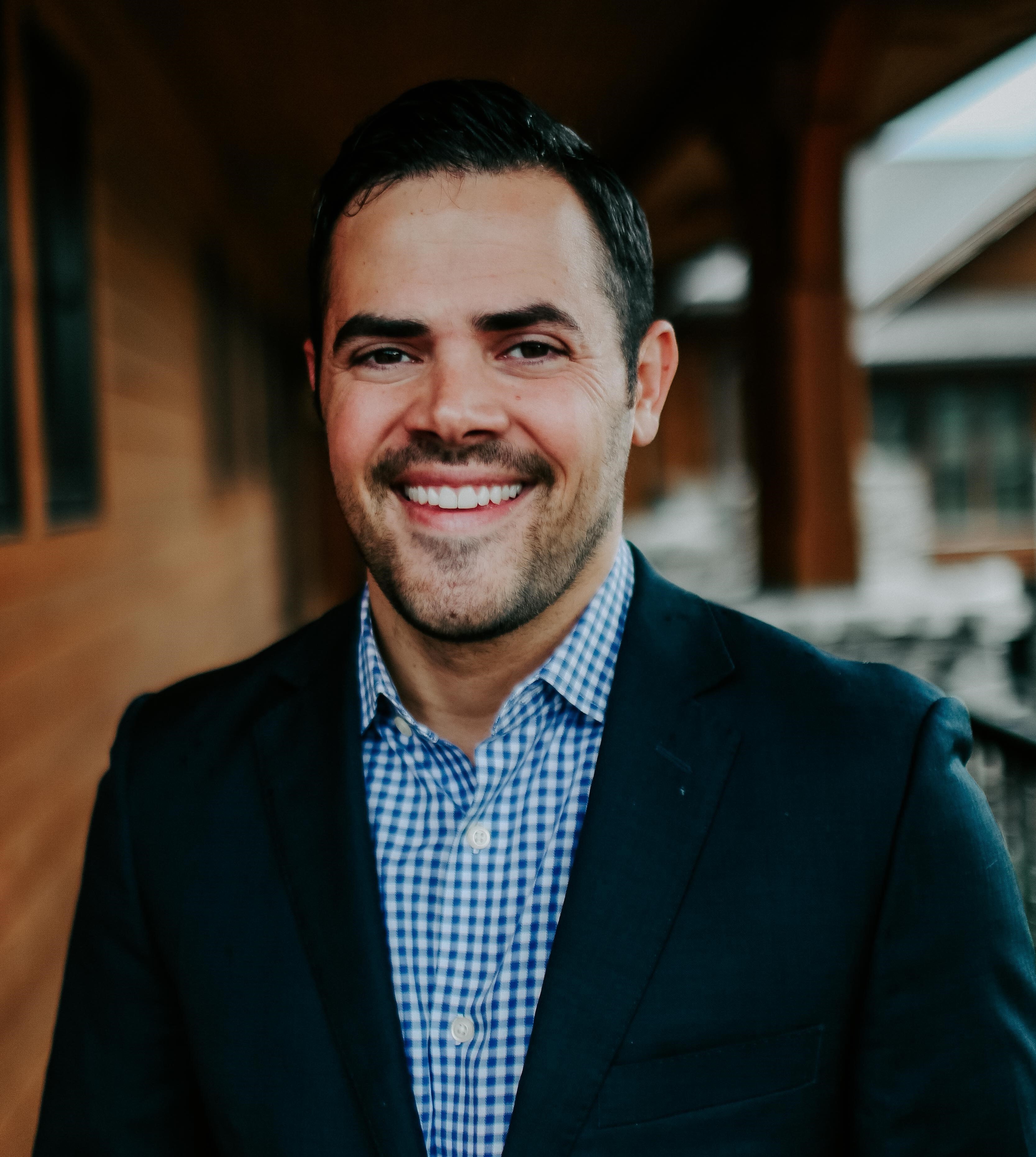A couple of years ago, a travel review in The New York Times referred to Chattanooga as a "hyper clean, high-tech, outdoorsy family destination" that is "nearly geeky in its optimism."
This, of course, oversimplifies the truth of the city that raised me. Chattanooga is, on average, a very different place to grow up for a young, white boy than it is a young, Black boy. Hopelessness, not "geeky optimism," is real in many of our neighborhoods. And it was long before a pandemic.
As we enter the final weeks before early voting begins in our city elections, mayoral candidates need to address these challenging issues despite there being no easy solutions or quick fixes. After all, roughly half of the city's budget is committed to public safety, but so far, the subject has received cursory attention from candidates.
Nearly every corner of our lauded downtown has been the scene of a violent crime in recent years - the outgrowth of a disease that has ravaged Chattanooga's inner city for decades. Let's be honest, white Chattanoogans still rarely confront violent crime, but the character of our community will ultimately be defined by whether we all care about it. As if 2020 did not bring enough strife, shootings in Chattanooga were up about 20% last year.
In October, three black children were shot in the broad daylight of a Saturday morning near the Westin Hotel in downtown's hip West Village. Chattanooga police pleaded with the public to provide tips as to who would commit such a heinous crime against our most innocent citizens. After a couple days of news stories and police updates, we moved on. Without as much as a single suspect.
I shudder to think how differently the reaction would have been if three white children were shot on Big Ridge, where I grew up. What does that say about us?
Improving public education and reducing gang-related violence are the two greatest challenges we face in our quest to be the greatest mid-sized community in the country. Intertwined as the two issues may be, the city mayor has limited influence over education since the county assumed responsibility for the school system in the 1990s. However, no single person has more responsibility to lead the conversation about violent crime and the hopelessness that precedes it than the next mayor of Chattanooga.
Political consultants may steer mayoral campaigns away from fraught topics like gang violence and racial disparity, but the candidates who directly address this elephant in the room will be rewarded by voters for their audacity and candor. And this field of candidates, possibly the deepest and most qualified slate in our city's history, could bring a variety of unique perspectives to the conversation. For young parents like me and my wife, little at City Hall matters more to us than changing the trajectory of young Chattanoogans who won't grow up in the same safe, flourishing neighborhood that our children will.
The year 2020 caused us all to fixate on the nation's capital at times looking for answers, but regrettably Washington's longstanding dysfunction has devolved into dangerously hateful rhetoric to start 2021.
The future of America cannot be defined by the pandering leaders of our federal government, but instead by cities, counties and states that assert themselves as purveyors of thoughtful policy. This will require local leaders taking responsibility for the education, well-being and safety of their citizens.
Federalism has stood the test of time and yet again offers the best chance for places like Hamilton County, Tennessee, to preserve our quality of life and chart our own future. For this reason, conservatives ought to spend less time worrying about national politics and more time concerned with matters at home.
In this trying time for America, let us not shout into the wind contributing to the tribalism of our national body politic. Let's refocus on the lives we might impact in our own community - the safety of our citizens - and ask difficult questions of those seeking to lead our city. Just as importantly, let's ask ourselves those same questions.
Weston Wamp is the founder of the Millennial Debt Foundation and a member of the Tennessee Board of Regents. Contact him at weston@westonwamp.com.
